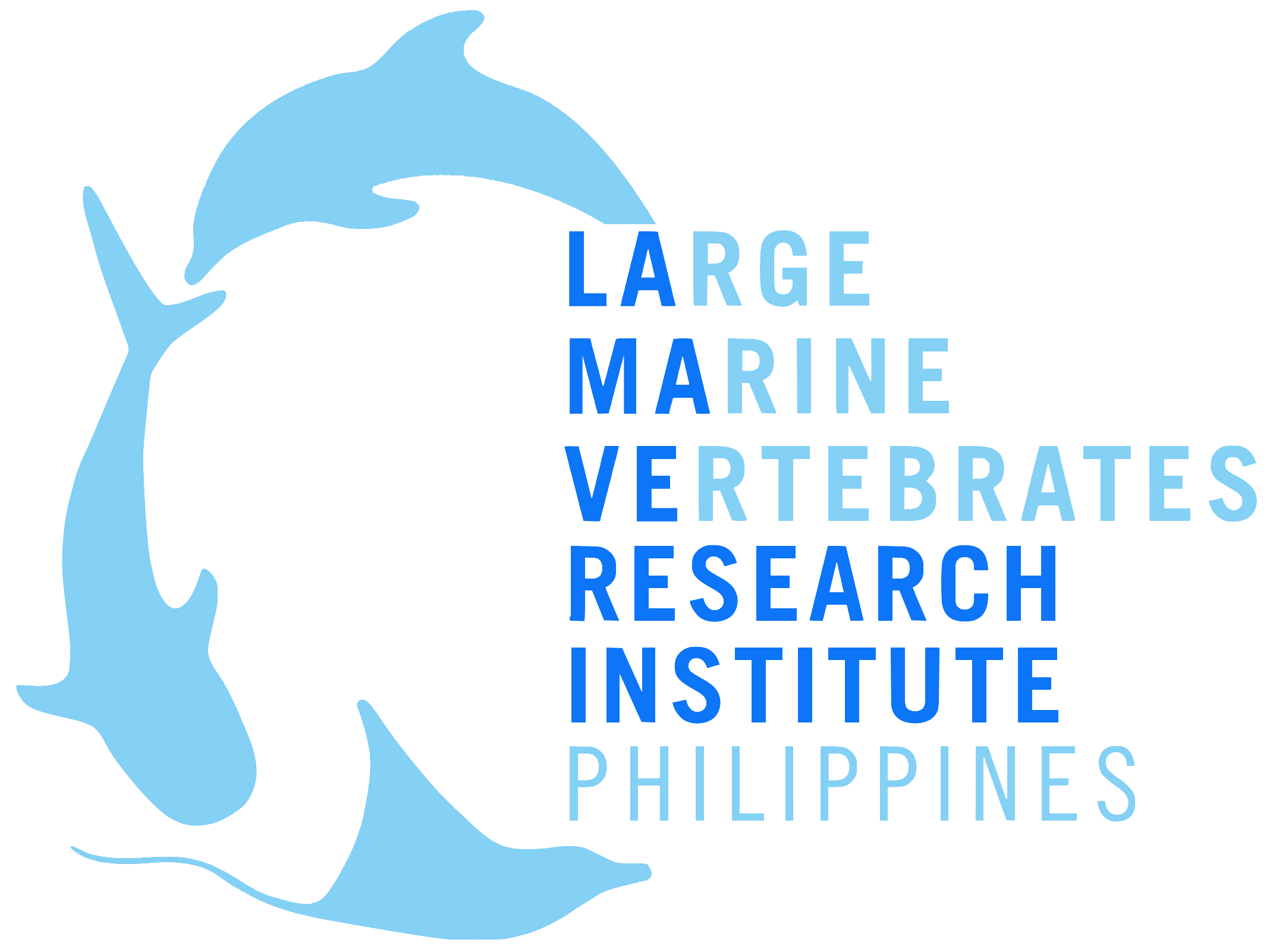VOLUNTEER BLOG
A Biologist's Elegy
By Kalena Walker
After three months flicking through slide after slide of the same three hundred or so whale sharks, you wonder about the delicate dictation of genes that shape the subtle nuances between phenotypes. Some of their patterns are remarkably similar, different in only the breadth of a stripe here or the completeness of a circle there. Others are perhaps distorted reflections of another. One has its own easily discerned pattern but on closer inspection: the same taper to a V above the pectoral fin, or a familiar swirl adjacent to the posterior-most operculum. Still, others are so stark in contrast they must be of different worlds; some with stripes and dots so regular you could plot a map on their side, while others themselves seem to be a map, possibly of every ocean current their ancestors navigated. If only it were so.
If only their evolutionary and individual histories were written out on their sides plain as day, as dots and lines, as fingerprints. It would certainly be to their evolutionary advantage in light of the recent invasion of primates. Primates that have started to bring destruction and who debate the worth of anything they didn't have a direct hand in creating. “Intelligent” primates who need every little thing spelled out for them and placed in the neat little boxes of Latin names and economic value.
But what should any representative of such ancient life and soul care about bickering, blubbering bipedals? They have no reason to think their fate may be in our collective, dirty, uncooperative fists; they came first, are larger and peaceful and don't even know their role in the vast and balanced and beautiful ecosystem network. They simply live and fill that role to perfection. The role they carved for themselves, out of a tiny unfilled niche from millennia ago. As every species did. Surely in a world by design, those are the qualities of life that ought to prevail.
Photographic identification (photo-ID) - research technique which is used to understand whale shark ecology.
Unfortunately--in the chaotic development of our cerebral cortex, pattern recognition, observational skills, and our ability to be aware of the vastness of the universe around us—as a whole, we seem to have lost the ability to see past our own dry, bald noses. Our instinct to simply BE and serve a functional role within the whole, to fill a niche, has been shed like a vestigial limb. Humanity is a colossal, writhing virus, deceptively simple on the individual genetic level. It contaminates anything it can reach, including populations of its own kind. A feedback cycle of sorts. On our current track, is the parasite alone doomed to die, or will it drag its host down with it?
I had learned already not to make a habit of dwelling too long in the shower, drinking from disposable bottles, or even buying new something I could fix myself. The work I have chosen to do is dirty, repetitive, and rather thankless at times. I had always opted to try to be part of a solution.
My experience in the Philippines has helped me come to a greater, overarching conclusion. We must, as a species—as a whole single functional system--evolve into a cure. And having moved beyond the regulating effects of natural selection we must, as a whole, choose to do so.
In the scale of things, we each serve the purpose of a cell. Tiny, short-lived, concerned with staying and keeping our kin alive, and ultimately being individually inconsequential. We are at a crossroads in our phylogenetic history, in our development as an organism:
Adaptability, or mass extinction? Are we stem cells or cancer?
Kalena is from Washington state, USA and has a bachelor of science in Environmental Science with an emphasis in Marine Ecology from Western Washington University. She’s passionate about emphasizing the importance of scientific literacy and respect for natural environments (especially the ocean!) and making things with her own two hands.
If you are interested in volunteering with LAMAVE, follow us on social media or check VOLUNTEER section.






7 One-of-A-Kind Experiences as a LAMAVE Volunteer
Just like any other volunteering opportunity, signing up with LAMAVE is a great way to contribute your time and skills to something bigger – marine conservation. But joining LAMAVE is unique in itself because it is more of a commitment – you have to be passionate and dedicate at least three months of your life to volunteering with us.